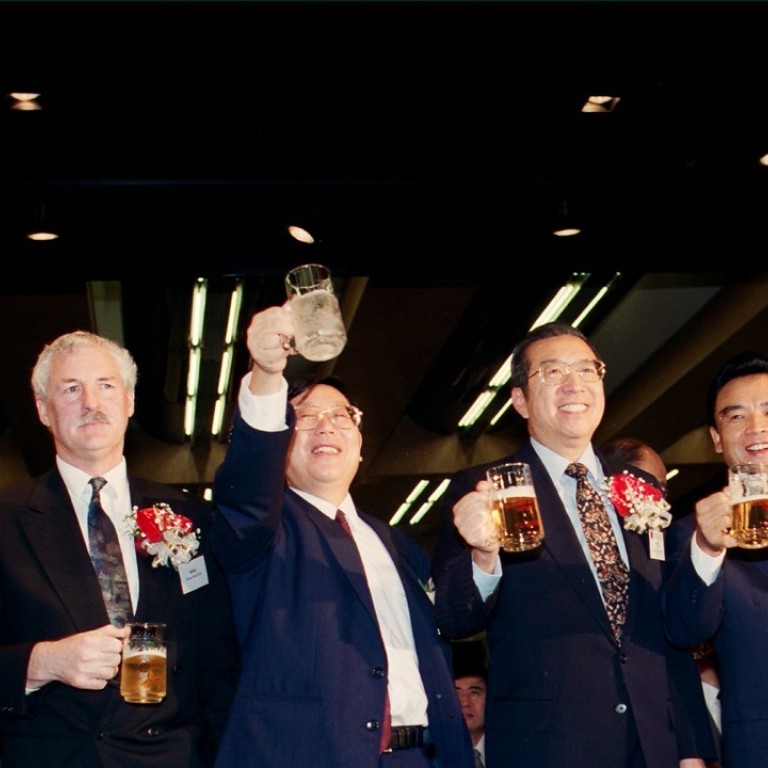
Exclusive | Hong Kong has played an outsize role in contributing to the growth of China’s financial market
- One in every two companies on the Hong Kong exchange is mainland-linked, representing 67.3 per cent of capitalisation and 79 per cent of turnover
When Communist Party officials were debating during the late 1980s to open the very symbol of capitalism – the stock market – on the mainland to finance China’s modernisation, they looked south to Hong Kong for help.
Hong Kong was where the commencement date of the Shanghai Stock Exchange was announced by then mayor and commissar Zhu Rongji, who picked up the mantle after an earlier proposal for a Beijing exchange was left in limbo by the political tension following the June 1989 Tiananmen Square military crackdown.
China’s stock market needs a clean slate at its watershed moment
In the 1990s, Hong Kong was among the four so-called Dragon Economies of Asia, where growth had averaged 7 per cent every year since the 1960s. More than 400 stocks traded on Hong Kong’s main board, with the market capitalised at HK$1.3 trillion (US$166 billion in today’s exchange rate), ranking second in Asia after Tokyo.
The market’s capitalisation was almost eight times China’s entire foreign exchange reserves at that time, making the city the ideal location for Chinese companies to access a deeper pool of capital and investors.
World’s No 2 market is big enough for both Shanghai, Hong Kong
“We have a much deeper, liquid pool of international investors here,” said Charles Lee Yeh-kwong, the first chairman of the Hong Kong Exchanges & Clearing Limited, a merger of the city’s stock and future bourses, during an interview last week with the South China Morning Post. “That fact was recognised by President Xi Jinping when he recently commended Hong Kong’s role in China’s capital market.”
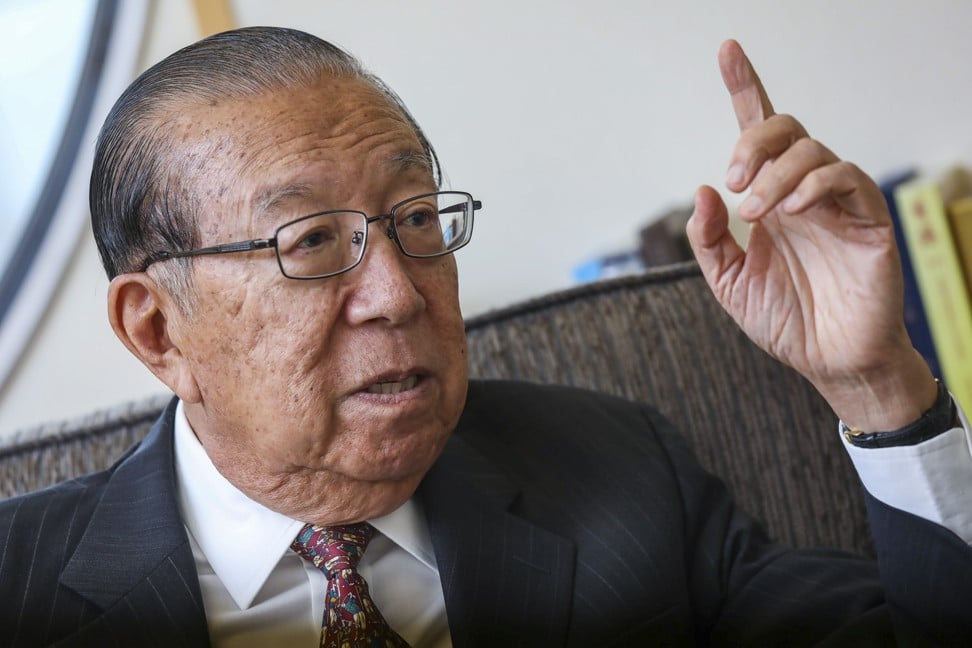
China Merchants Port Holdings, renamed from Hai Hong Holdings, would become the first offshore-listed company with a Chinese parent – the so-called Red Chips – to raise money in Hong Kong, with an initial public offering (IPO) in July 1992, more than 300 times oversubscribed.
How Hong Kong know-how helped mainland on road to success
“There was very strong appetite for Chinese companies to list in Hong Kong,” said Carlson Tong Ka-shing, who helped in China Merchant’s IPO as KPMG accounting partner before he became chairman of the Securities and Futures Commission (SFC) upon retirement.
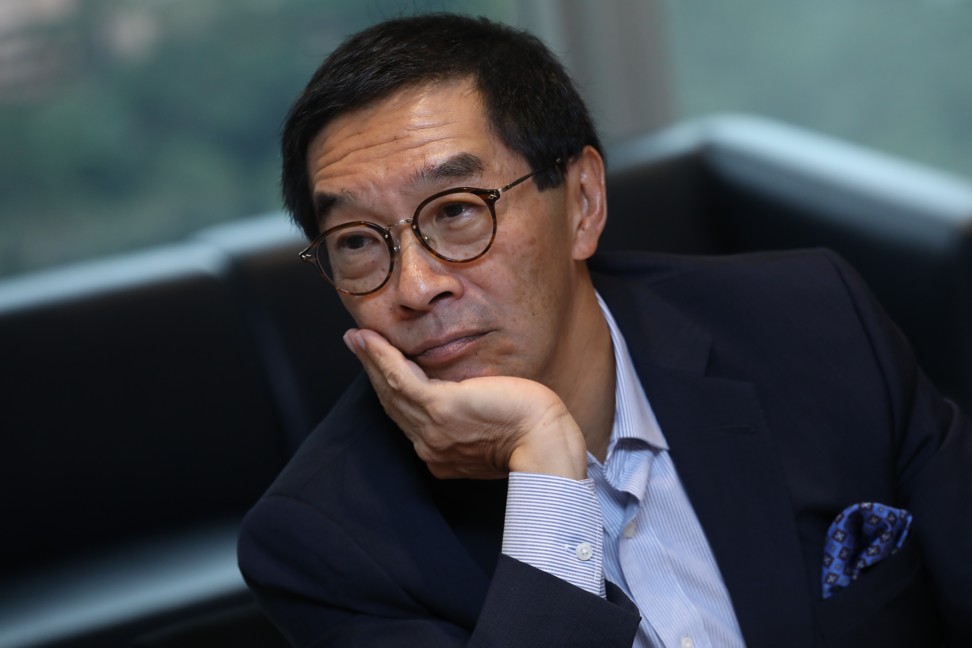
In addition to Red Chips, Chinese companies were also being incorporated overseas, creating another group of customers in need of fundraising.
Hong Kong: an awkward partner in China’s 40-year quest to open up
When Lee led his team to Beijing to lobby Zhu – who had been promoted to vice-premier – to let Chinese companies raise foreign exchange in Hong Kong, he had a quandary. Should the new listings be designated W for World, I for International, G for Global, or H for Hong Kong? More importantly, should Chinese state-owned companies listed in Hong Kong adhere to global accounting standards, or follow a watered-down standard that incorporated half of Chinese rules?
“We debated for an hour in front of Zhu at Zhongnanhai,” as the premier’s office and Chinese leadership compound is called, Lee said. “Finally, the premier stood up and said: “international standard” before leaving the room and ending the debate.”
Seven Hongkongers among contributors to China’s economic ‘miracle’, Xi says
Over three decades, Hong Kong has helped 1,115 mainland companies raise a combined HK$6.1 trillion in capital, Lee said.
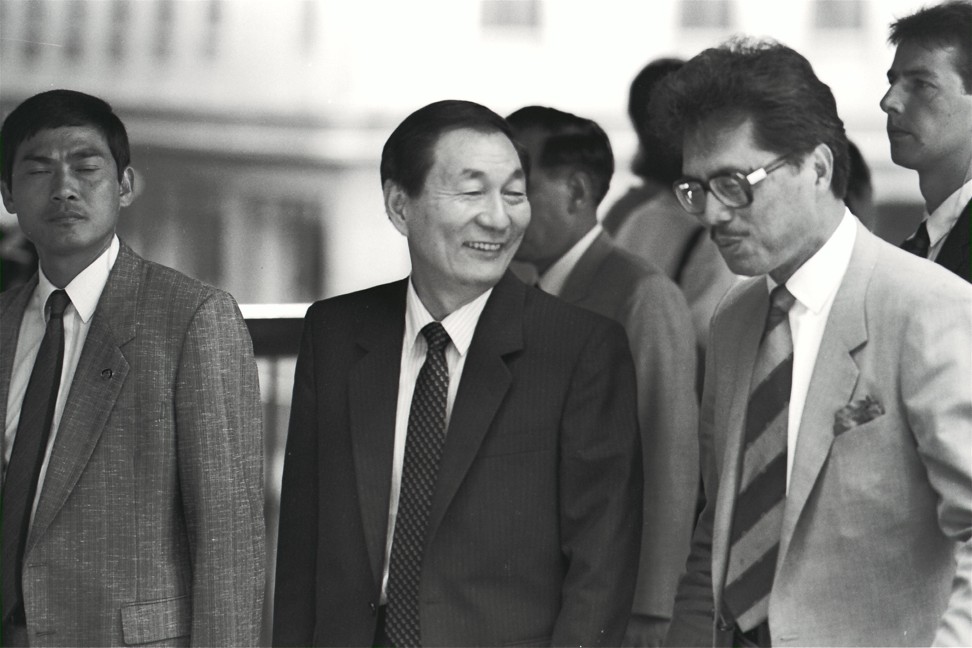
Hong Kong also provided a string of securities experts to advise and staff the mainland’s regulator. Anthony Neoh, the former SFC chairman of 1995 to 1998, was appointed Chief Adviser to the China Securities Regulatory Commission (CSRC) from 1998 to 2004, with the duty of helping to revamp the securities market.
Bond, stock connects seen as crucial to curb yuan volatility
Laura Cha, the SFC’s deputy chairman from 1998 to 2001, was the first non-mainlander to be made CSRC vice-chairman, assuming the role from 2001 to 2004. Cha, currently the chairman of the HKEX, declined to comment.
Today, one in every two companies on the Hong Kong exchange is mainland-linked, representing 67.3 per cent of capitalisation and 79 per cent of turnover, according to exchange data.
Hong Kong’s role continued in 2014, with the two cross-border investment channels that let global investors access to stocks in Shanghai and Shenzhen via Hong Kong, and vice versa.
The so-called Stock Connect schemes will be extended to a Bond Connect, and eventually an IPO Connect for Chinese funds to access IPOs in Hong Kong.
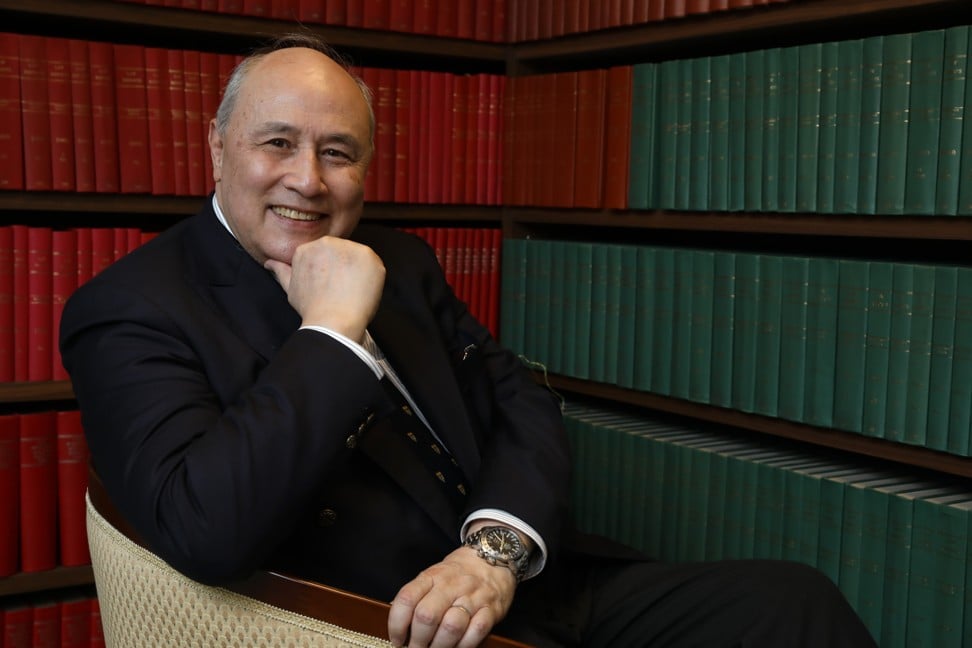
The rise of China’s own stock market, eclipsing Hong Kong’s size more than a decade ago, has also given rise to competition. Last year, Shanghai overtook Hong Kong for the first time in IPO fundraising.
HSBC revisits plan to list shares in China as London-Shanghai stock link looms
To attract Chinese technology companies, Hong Kong last year pushed through the city’s biggest reforms in listing regulations, allowing start-ups with multiple classes of shares and pre-revenue biotech companies to list. To compete, Chinese President Xi Jinping instructed Shanghai to set up a tech board for start-ups to list.
“The world’s second-largest capital market is big enough for both Shanghai and Hong Kong to coexist, and complement each other,” said Li Jiange, former vice-chairman of China Securities Regulatory Commission, during a financial form last week in Hong Kong.


